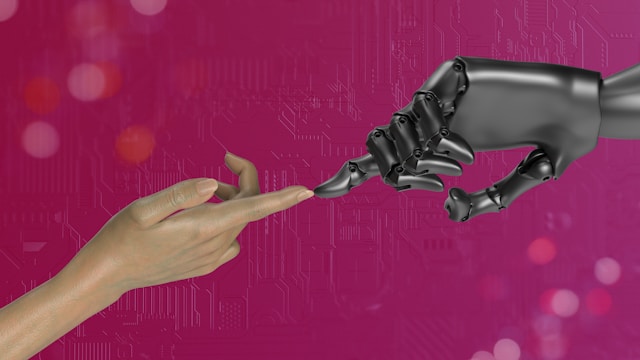Artificial intelligence is rapidly transforming human resources, making it easier than ever to draft job descriptions, interview questions, and employment contracts. But as convenient as these tools may be, employers who rely on AI to create or manage HR documents face significant legal risks. Understanding those risks can prevent costly mistakes and ensure compliance with labor laws.
The Rise of AI in Human Resources
Many companies have adopted AI platforms like ChatGPT, Jasper, and automated HR assistants to handle everyday tasks such as writing offer letters or screening resumes. These tools save time, but they also introduce challenges related to accuracy, fairness, confidentiality, and legal compliance issues.
AI does not “understand” employment law, it predicts patterns based on data. That means it can generate content that looks professional but contains outdated, incomplete, or even illegal language. Without human review, a company could unknowingly use contracts that violate wage laws, non-compete restrictions, or discrimination statutes.
Bias and Discrimination Risks
AI tools can inadvertently perpetuate bias. If an algorithm is trained on historical hiring data that reflects past inequities, it may reproduce those same patterns. For example, an AI system drafting job descriptions might screen resumes in a way that disadvantages certain age or ethnic groups or favors one gender over another.
Such outcomes can lead to violations of Title VII of the Civil Rights Act, the Age Discrimination in Employment Act (ADEA), or state and local anti-discrimination laws. The Equal Employment Opportunity Commission (EEOC) has already warned that employers remain responsible for any bias produced by automated tools, even if the discrimination was unintentional.
Privacy and Data Security Concerns
AI tools often require access to employee or applicant data, such as resumes, salary histories, and performance evaluations. When this data is uploaded to external platforms, it may be stored, analyzed, or shared in ways that employers cannot control.
If an AI vendor experiences a data breach or fails to comply with privacy laws like the California Consumer Privacy Act (CCPA) or other state laws, the employer could still face liability even though the vendor may have been at fault. Companies must therefore review vendor terms carefully, ensure encryption and storage safeguards are in place, and limit what data is shared with AI systems.
Accuracy, Legal Compliance, and Oversight
Perhaps the most overlooked risk of using AI in employment documentation is simple error. AI-generated contracts may omit key legal clauses, fail to be cognizant of current laws, misstate employment-at-will provisions, or conflict with state-specific labor laws. These mistakes can lead to disputes, audits, government agency action, or lawsuits.
To mitigate this risk, all AI-generated materials should be reviewed by an attorney or qualified HR professional before they are distributed or signed. Employers should also maintain internal policies outlining when and how AI can be used, who approves AI-generated materials, and how revisions are tracked.
Best Practices for Responsible AI Use
Employers can use AI effectively by maintaining human oversight at every stage. That means:
- Reviewing all AI-generated documents for accuracy and legal compliance.
- Regularly auditing AI tools for potential bias or discriminatory patterns.
- Training HR staff on proper and ethical AI use and data privacy.
- Being transparent with applicants and employees about when AI is used in hiring or evaluation processes.
By taking these proactive steps, employers can leverage AI’s benefits while minimizing risk.
Conclusion
AI is a powerful tool, but it cannot replace sound legal judgment. Employers who rely on automated systems still remain accountable for the results. From privacy violations to discrimination claims, the risks are too great to ignore.
If your company uses AI to generate employment documents or plans to integrate AI into HR processes, consult with an employment attorney first. Contact Romano Law today for a review of your AI policies, vendor agreements, and HR practices to ensure compliance, fairness, and protection for your organization.
Contributions to this blog by Kennedy McKinney.


